The question of whether there can ever be pure altruism is a longstanding philosophical debate. On one hand, it is commonly believed that doing something good for others brings a sense of satisfaction and well-being, suggesting that even acts of kindness are ultimately driven by self-interest. On the other hand, some argue that it is possible to act purely out of a desire to benefit others, without any expectation of personal gain. In this blog post, I will explore both sides of this debate and ultimately argue that all actions, no matter how altruistic they may seem, are ultimately motivated by self-interest.

Let us begin by examining the argument that pure altruism is possible. Some philosophers suggest that humans have an innate capacity for empathy, and that this capacity can drive us to act selflessly. They argue that when we witness someone else's suffering, we naturally feel a desire to alleviate that suffering, without any expectation of personal gain. In this view, acts of kindness and compassion are motivated purely by a desire to help others, and any sense of personal satisfaction that we might derive from these acts is merely a byproduct of our innate empathy.
However, this view is not without its critics. Others point out that even the most selfless acts of kindness are often motivated by a desire to be seen as a good person, or to receive recognition or praise from others. In other words, the satisfaction we derive from doing good for others is often tied up with our sense of self-worth and social status. Additionally, some argue that even our innate capacity for empathy is shaped by our socialization and cultural conditioning, meaning that our desire to help others is not entirely selfless.

Furthermore, we can also look at the biological perspective. Evolutionary biologists argue that all behaviors, including those that might seem altruistic, are ultimately driven by the desire to ensure the survival and reproduction of our genes. From this perspective, even acts of kindness and compassion can be seen as a means of increasing our own reproductive success by promoting cooperation and group cohesion.
Ultimately, I believe that all actions are motivated by self-interest, even if that self-interest is not always conscious or immediate. Our desire to help others is often tied up with our own sense of self-worth, social status, or reproductive success, and it is difficult to separate these motivations from the desire to do good for others. While it is certainly possible to act in ways that benefit others without any expectation of personal gain, I would argue that even these acts are ultimately motivated by a desire to feel good about ourselves and our place in the world.

In conclusion, the question of whether pure altruism is possible is a complex and contentious one. While some argue that it is possible to act purely out of a desire to benefit others, without any expectation of personal gain, I believe that all actions are ultimately motivated by self-interest, whether that self-interest is conscious or not. While this may seem like a cynical view of human nature, it is important to recognize that even acts of kindness and compassion can be driven by complex motivations that are not entirely selfless. By acknowledging these motivations, we can better understand our own behavior and work towards creating a more compassionate and equitable society.






0 Comments